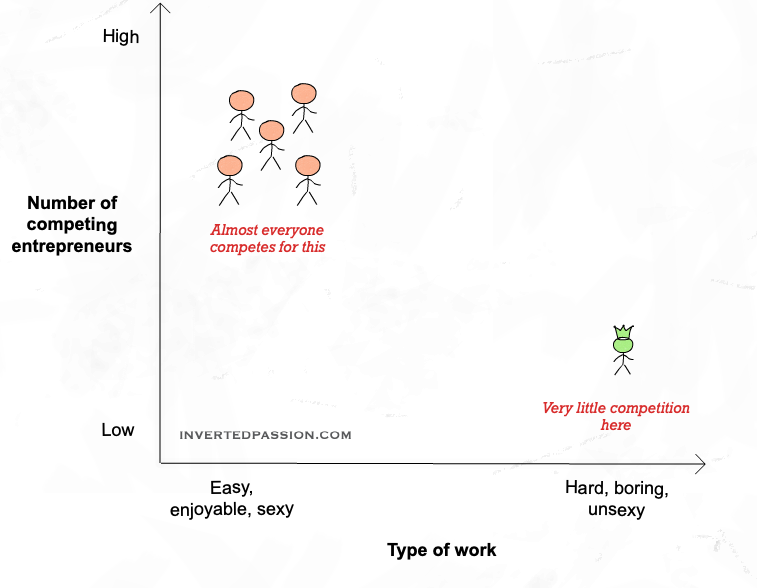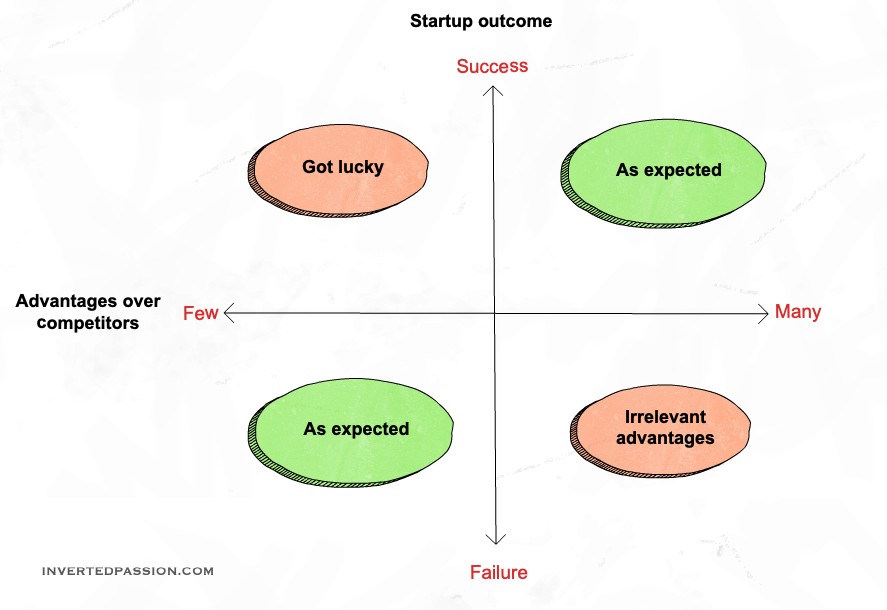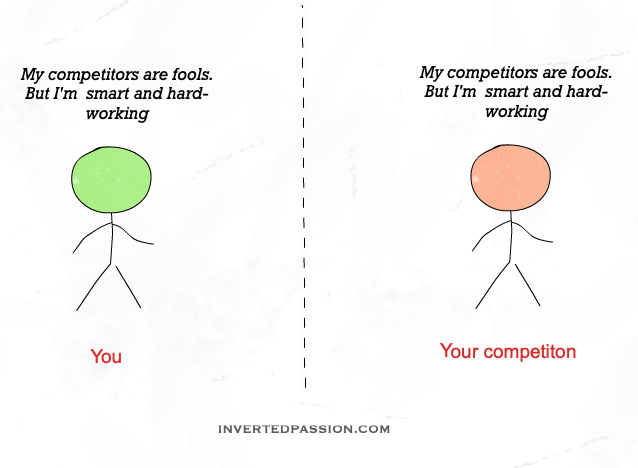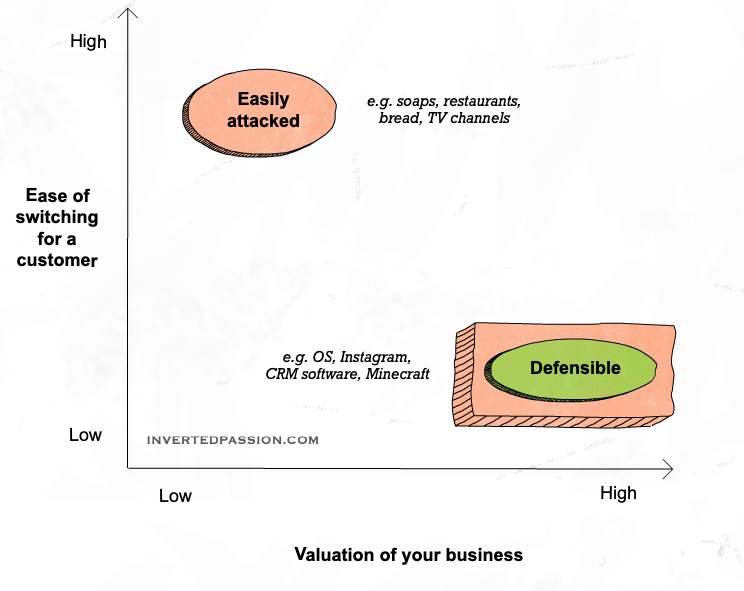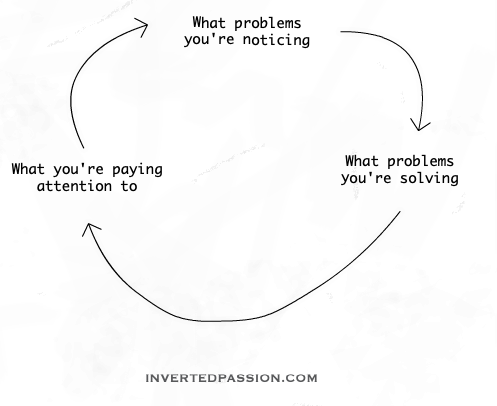A business is said to have network effects if each new customer increases the value derived by all other customers. Take a telephone network. Each new customer with a telephone line helps increase the value of the network for all other customers because now more people can talk to each other than before. Contrast this to other businesses such as the appliances manufacturing business. It’s obvious to see that if I sell one toaster, none of my other customers benefit from that sale.
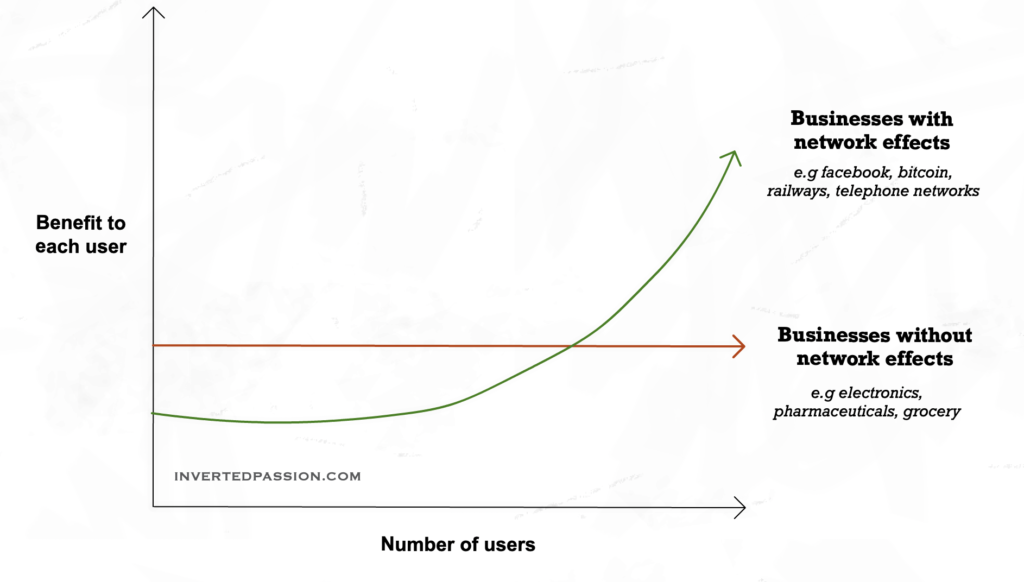
A business with strong network effects gains a competitive advantage over time because new entrants have to start from scratch and a customer choosing between two alternatives will go with the one that delivers more value, which is often the one with stronger network effects. Because businesses with network effects keep attracting new customers who make such network effects stronger, these businesses soon become almost impossible to beat in their category. Think Facebook, WhatsApp, and Instagram. The value of these apps is not in the technology they provide but in your network of friends using them. ...
